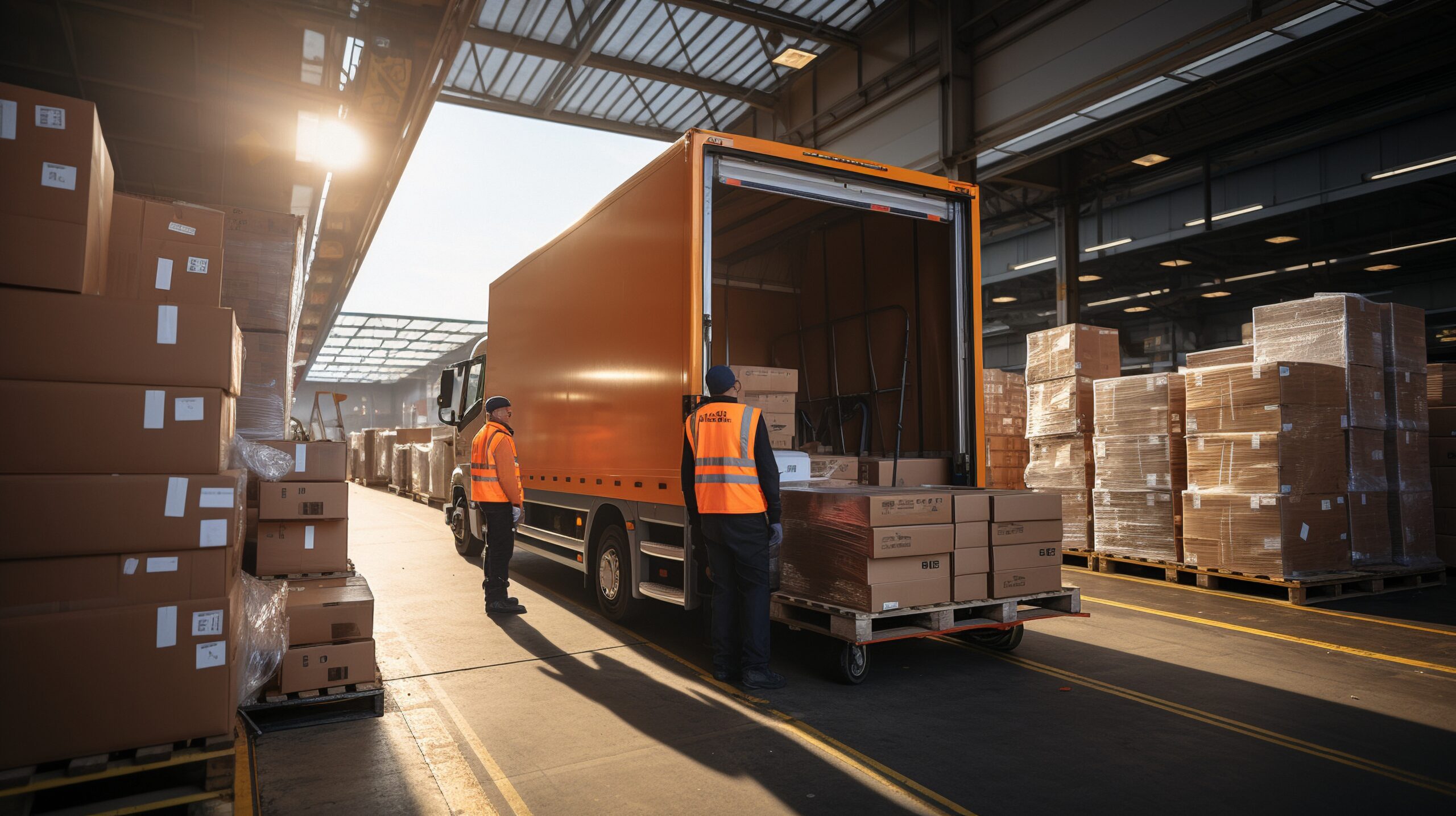The modern world of e-commerce depends on supply chain efficiency. Customer demand for swift and convenient experience continues to rise, making on-time deliveries a significant priority for online retailers. But global logistics has faced a series of challenges in recent times, from driver shortages to geopolitical disruption, in turn creating cross-border friction and pushing up costs.
A report released this year by renowned economist and trade expert, Dr. Rebecca Harding, and sponsored by Amazon Freight, investigated the specific pressures facing supply chain decision-makers, and has helped uncover the impact on the global e-commerce space.
‘UK and DE Freight Trends in 2024 and Beyond’ found several claims relevant to e-commerce, namely from freight decision-makers for enterprise-sized shippers. These were based on responses from 100 interviewees who belong to organisations with 250+ employees. In total, the entire survey asked questions of 202 freight decision-maker respondents.
Here we explore what the report’s insights mean for online retailers.
H2: The key obstacles to efficiency for shippers
Statistically speaking, e-commerce activity tends to be dominated by larger businesses who can afford to invest more in their digital shop window. Customer experience is a huge differentiator for those businesses, who are competing in various markets oversaturated as a result of online shopping. To stand out from the competition, these businesses know they have to make the shipping processes seamless — which takes efficient fulfilment and operations at each stage.
When asked about the main challenges they experienced in 2023, enterprise shippers cited an average budget cut of €1 million. 39% of enterprise shippers said they were likely to have been impacted by rising costs (39%). Of these, 42% said the main impact was lower sales.
Half (50%) of all businesses reported lower customer satisfaction due to freight challenges, reflecting the core concern for e-commerce customer experience and retention. Crucially, for e-commerce shippers selling goods internationally, 38% reported difficulties with cross-border movements.
H2: How investments were optimised to boost resilience
But enterprise businesses have been hard at work finding solutions to reduce costs and enhance efficiency to help them manage these challenges. The survey revealed 40% of these respondents opted to invest in tracking and delivery and inbound freight co-ordination. Overall, over a third (36%) of survey respondents in varying business sizes and locales said they had pushed sales as a result of the difficulties in freight logistics.
For e-commerce, strategies like distributing inventory across multiple warehouses can cut costs by automatically preparing and dispatching orders from conveniently placed distribution centres, straight to the customer can be instrumental in improving their experience and satisfaction. But in 2023-24, 56% reduced their spending on advanced warehouse management systems (46% for the total sample).
H2: The road ahead: sustainability, cost and innovation
Looking ahead, all businesses (100%) surveyed in the report expressed confidence in the power of tech innovations to assist them as they tackle these challenges, especially as they look ahead to the impact of climate change on their logistics.
`Respondents highlighted freight software management as a key priority for supporting growth and efficiency. This has a significant impact for e-commerce vendors who are seeking to drive efficiency across their logistics for superb customer service.
Smart tracking via mobile (a top tech solution adopted) was also emphasised for its ability to improve shipment visibility. 34% of enterprise shippers said it was their priority. E-commerce businesses can leverage these tools to make deliveries more transparent and build customer satisfaction through managed expectations.
Freight decision-makers from various business sizes agreed that sustainability was a top concern that will significantly affect their organisations over the coming years. 99% of respondents are bringing in sustainable measures already. All respondents were looking at the potential of solutions like advanced lane matching, which uses data and technology to generate optimal matches of backhaul movements. This can support both cost-effectiveness and sustainability initiatives.
Amazon Freight is at the forefront of innovating freight technology for more efficient and sustainable logistics, including real-time shipment tracking, intermodal solutions, and transparent pricing using lane-match analysis for full-truckload (FTL) and less-than-truckload (LTL) shipments. All of this is boosted by its large partner network in Europe, and the innovations will continue to shape the future of freight.
Read the report in full to get the whole story.






